Finally, the trial many New Yorkers and those who care about civil liberties, racial profiling and the criminal injustice system across the U.S. is underway in the New York City Federal Courthouse at Pearl Street.
Floyd et al, started yesterday, March 19th, 2013.
Floyd, et al. v. City of New York, et al. is a federal class action lawsuit filed against the New York City Police Department that charges the NYPD with engaging in racial profiling and suspicion-less stop-and-frisks of law-abiding New York City residents. According to CCR attorneys, the named plaintiffs in CCR’s case – David Floyd, David Ourlicht, Lalit Clarkson, and Deon Dennis – represent the thousands of New Yorkers who have been stopped without any cause on the way to work, in front of their house, or just walking down the street. CCR and the plaintiffs allege that the NYPD unlawfully stopped these individuals because they are men of color.
The Floyd case stems from CCR’s landmark racial profiling case, Daniels, et al. v. City of New York, et al. that led to the disbanding of the infamous Street Crime Unit and a settlement with the City in 2003. The Daniels settlement agreement required the NYPD to maintain a written racial profiling policy that complies with the United States and New York State Constitutions and to provide stop-and-frisk data to CCR on a quarterly basis from the last quarter of 2003 through the first quarter of 2007. However, an analysis of the data revealed that the NYPD has continued to engage in suspicion-less and racially pretextual stop-and-frisks.
Floyd focuses not only on the lack of any reasonable suspicion to make these stops in violation of the Fourth Amendment, but also on the obvious racial disparities in who gets stopped and searched by the NYPD-90 percent of those stopped are Black and Latino, even though these two groups make up only 52 percent of the city’s population- which constitute a violation of the Equal Protection Clause of the Fourteenth Amendment.
The settlement agreement from Daniels required the NYPD to maintain a written racial profiling policy that complies with the U.S. and New York State Constitutions, required the NYPD audit officers who engage in stop-and-frisks and their supervisors to determine whether and to what extent the stop-and-frisks are based on reasonable suspicion and whether and to what extent the stop-and-frisks are being documented, and it required the NYPD to provide stop-and-frisk data to CCR on a quarterly basis, among other provisions.
The Center for Constitutional Rights poster and information.
The trial will run Monday through Friday each week starting March 18, except for the week of March 25, when it will begin on Wednesday, March 27 and end at noon that Friday, March 29. Also trial will not be held on April 11 and 12th.
Trial will last about five – six weeks.We advise for people to arrive at least 20 minutes in advance to allow time to go through courthouse security. Remember you will need to check your phone, camera, iPod and most electronic devices at the front desk with security since these items are not allowed inside the courthouse.
David Floyd, a medical student, shown here, led off the testimony yesterday, which will continue today.
In April 2007, Floyd said, he was stopped by three police officers who demanded his identification and then proceeded to pat him down from his groin to his ankle on both legs. Despite telling the officers that he did not consent to the search they went ahead, one using a finger to search in Floyd’s pants.
The entire stop lasted no more than 10 minutes, but for Floyd it was a jarring experience. He said he felt “frustrated, humiliated — because it was on my block where I live, and I wasn’t doing anything.” All he could think, he said, was that he wanted to get back to the safety of his home.
The second time, Floyd said, even his home wasn’t safe. In February 2008, he said, he was stopped as he helped a locked-out neighbor use a spare set of keys to enter a ground-floor apartment.
“Before we could go in, we were stopped,” Floyd said. The officers started to search him, again patting him down from his groin to his ankles, and again without his permission.
“It was again the humiliation,” Floyd said. But this time, he added, “it wasn’t down the block, it wasn’t in another neighborhood. It was on the property that I lived on.”
“I felt that I was being told I shouldn’t leave my home,” he said.
The case is being tried in front of Shira A. Scheindlin, United States District Judge for the Southern District of New York. There is no jury, which she world have preferred.
“It’s not a verdict of the community and I thought that would have been helpful for a case like this.” Last May, Scheindlin said there was “overwhelming evidence” thousands of stop-and-frisks were unlawful when she decided to grant the lawsuit class action status.
Scheindlin, was nominated to the Federal Bench by President Bill Clinton, on July 28, 1994. She has already issued rulings on a case which is related to the one in front of her.
Judge Orders NYPD to Limit Trespass Searches
Police officers are violating the Fourth Amendment rights of people stopped on suspicion of trespass as they walk into and out of privately owned buildings that participate in a Bronx anti-crime program, a federal judge ruled yesterday.
Southern District Judge Shira Scheindlin (See Profile) issued a preliminary injunction ordering police “immediately to cease performing trespass stops” without reasonable suspicion of actual trespass at thousands of buildings whose owners have given police permission to patrol their property pursuant to the Trespass Affidavit Program, or TAP.
“I conclude that plaintiffs have shown a clear likelihood of proving that defendants have displayed deliberate indifference toward a widespread practice of unconstitutional trespass stops by the NYPD outside of TAP buildings in the Bronx,” Scheindlin said in Ligon v. City of New York, 12-cv-2274.“In sum, while it may be difficult to say where, precisely, to draw the line between constitutional and unconstitutional police encounters, such a line exists, and the NYPD has systematically crossed it when making trespass stops outside TAP buildings in the Bronx,” Scheindlin said. “For those of us who do not fear being stopped as we approach or leave our own homes or those of friends and families, it is difficult to believe that residents of one of our boroughs live under such a threat.”
Though many of you reading this are aware of the ongoing protests against NYC’s draconian stop and frisk practices, please help ensure that the following videos get wider distribution.
Stop and Frisk Documentary
New York’s blatantly discriminatory practices have been well documented by both the CCR and the UCLU. Leading up to this case the CCR issued this report on Racial Disparity in NYCPD Stops-and-Frisks in 2008. The ACLU’s NYPD Stop-and-Frisk Activity in 2011 (2012), is also online, as is a phone app which citizens can download to report police activity.
Brown Black and Blue, a documentary produced by the center is another video detailing abuses.
In this 2010 video from ABC news, police officer Adhyll (Adil) Polanco, who will be testifying in the Stop and Frisk proceedings talked about pressures on him and other officers to fill quotas:
“Our primary job is not to help anybody, our primary job is not to assist anybody, our primary job is to get those numbers and come back with them” said Officer Polanco.
In 2010, the Village Voice won the New York Press Club’s Gold Keyboard award for investigative reporting. Their series, written by Graham Rayman, was the The NYPD Tapes, and they have continued ongoing coverage on their Runnin’ Scared blog.
The series was based on digital recordings made in secret by Police Officer Adrian Schoolcraft in the 81st Precinct in Bed-Stuy, Brooklyn. Schoolcraft wore a digital recorder for two years in the precinct, with the intent of documenting things he thought needed to be changed.In October, 2009, Just three weeks after Schoolcraft met for three hours with department investigators, police came to his home and forcibly took him to the psychiatric ward at Jamaica Hospital where he was held against his will for six days, and then released without explanation
The NYPD Tapes are a stunning look at the internal pressures on police officers to fill quotas. The ensuing retaliation against police officer Schoolcraft, who provided the tapes, has also been well documented, and he too will be a part of the trial proceedings.
Queens DA Richard Brown has just been subpoenaed by Schoolcraft’s lawyers, who is suing the NYPD.
I was encouraged to read in the Voice that trial will also serve a a venue to educate young people.
Major Stop and Frisk Trial Begins: Harlem Mom Takes 14-year-old Son to Watch Opening Statements
Iusaset Bakr tells the Voice that she took her Jaihdow Kwantu out of school for the day and brought him to the opening of the trial in Floyd v. City of New York to educate him about police tactics in minority neighborhoods.
“I made a decision so that he could be equipped with the information,” she says. “I wanted him to witness it for himself because he needs to be aware of what’s happening and of what his rights are. This is happening so much that the children seem to think it’s okay, when it’s not okay.”
Jaihdow tells the Voice that even at his young age, he has already been stopped twice by police in his neighborhood. One time, he says it was for playfully chasing a friend of his with a ruler. “I just wanted to see first hand what’s happening,” he says.
Their report of the first days testimony covered opening statements by the lawyers and the witnesses and the city’s response.
In their opening statements, Darius Charney, a lawyer for the Center for Constitutional Rights, noted that 85 percent of those stopped were black and Latino, while the citywide population for those groups is just 50 percent. Nine of 10 stops resulted in no charges. There has been a “deliberately indifferent failure” by the NYPD to stop “unconstitutional behavior.”
The city’s lawyers, meanwhile, spent quite a bit of time attacking academic research underpinning the allegation that there is a racial bias in the stops. That research was done by Columbia University Professor Jeffrey Fagan. “The results are biased and unreliable,” a city attorney told the court.
…The first witness to testify was 16-year-old Devin Almonor, a West Harlem resident who aspires to a career in medicine and whose father is a retired 12-year veteran of the NYPD. When he was just 13, Almonor was stopped in 2010 while crossing a street near his home by two cops in an unmarked vehicle.
“They kept asking me how old I was, and for my ID,” he testified. “They put me against their car and started patting my down in front of everyone. They handcuffed me and took me to the station without telling me why. I was crying. One of the officers told me I was crying like a little girl, and said if my dad was a cop, he should just come and get me.”
The second witness, David Floyd, a 33-year-old graduate of Syracuse University now studying medicine, testified that he was stopped twice. He described the stops as “frustrating and humiliating.” The city’s lawyer, Morgan Kunz, tried to portray Floyd as an activist.
They reported that Adhyll Polanco, the young Latino whistle-blowing police officer seen in the ABC news video above, will be testifying this afternoon.
Kudos to the officers who have broken the blue wall of science, the attorneys who have taken on this case to protect our citizens and to the community activists who have been fighting this policy since its inception.
And let us not forget about the importance of judicial appointments. Judge Scheindlin has made it clear, in her previous rulings, that she is not going rubber-stamp the voices of police brass as “truth” and she won’t ignore the preponderance of evidence which points to a policy of discrimination.
UPDATE:
The New York Times Editorial Board weighed in on Friday.
The headline tells the story
Walking While Black in New York
Key is their opening salvo:
The New York City Police Department has a long history of violating constitutional rights by stopping, questioning or frisking people on the streets without legal justification. The city has steadfastly denied that the detentions – made under its increasingly unpopular stop-and-frisk program – have been based on race.
and their closing sentence:
The trial is expected to last six weeks. But the testimony has already pointed to disturbing conduct by the police command and a profound indifference to the constitutional rights of the city’s citizens.
This is clearly not a statement in support Mayor Blooomberg’s policy. He has vowed to veto efforts by the City Council to appoint an inspector general to oversee the Police Department.
cross-posted from Black Kos
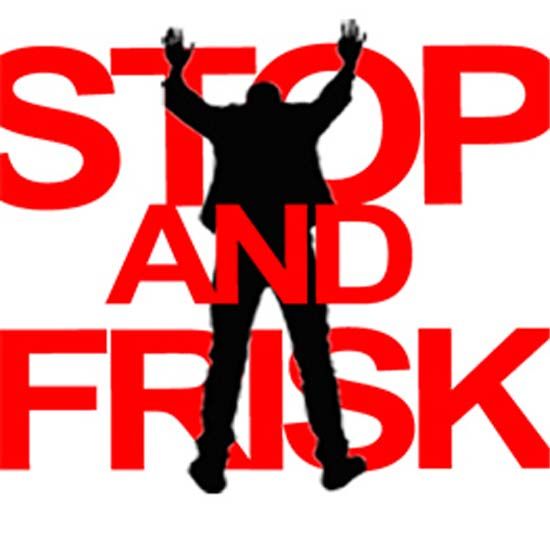
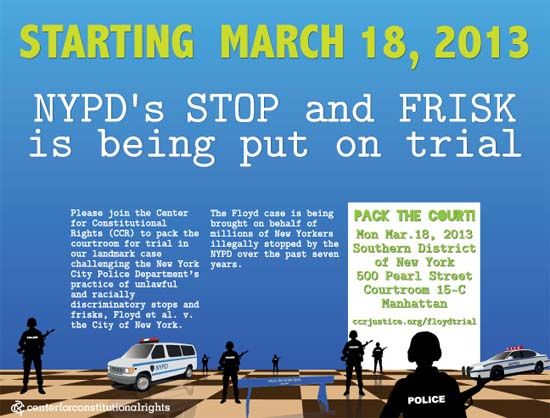
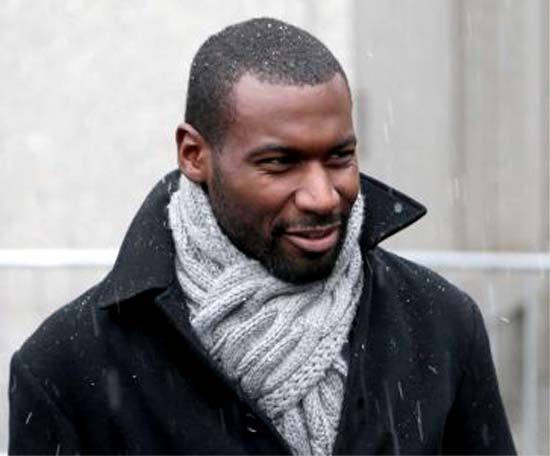
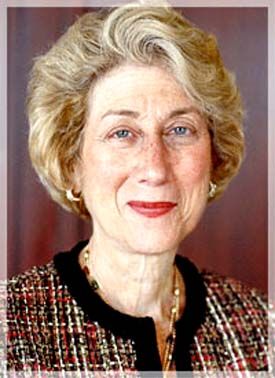
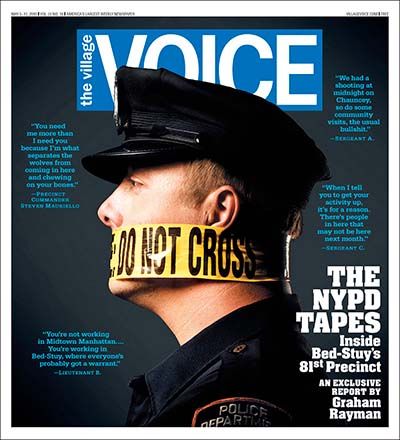
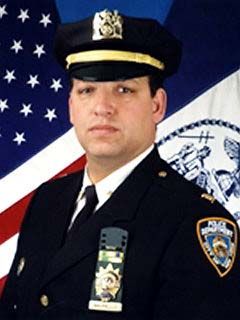
31 comments